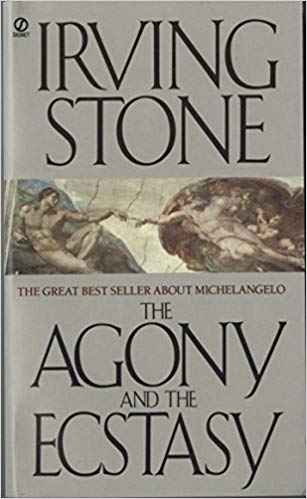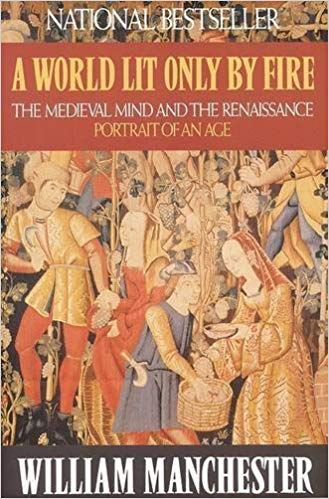This week, we speak with NYU’s Stern School of Business professor of economics, and Nobel Laureate Michael Spence about his work on the dynamics of information signaling and market structures. Previously, he was dean of Stanford University’s Graduate School of Business, where he is still a senior fellow at the Hoover Institution and the Philip H. Knight Professor Emeritus of Management at Stanford University’s Graduate School of Business. Spence is also an advisor to General Atlantic, a $35 billion private equity firm around since 1980. His book is The Next Convergence: The Future of Economic Growth in a Multispeed World.
Spence ran a project for the World Bank on The Growth Report Strategies for Sustained Growth and Inclusive Development. He managed a commission that looked at all of the contemporary research on poverty and devised a series of simple, rational recommendations (See slide show here). Spence looked for countries that had grown for 7% annually for 25 years. There were only 13 countries (China, Brazil, Korea, Japan, Taiwan, Botswana, etc.) and all 13 nations had consistently embraced effectively the same (Asian Model) growth model: High levels of investment funded domestically, openness to foreign direct investment, and leveraging the big global marketplace.
In The Next Convergence, he describes the impact of the industrial revolution on the countries that embraced it: “From 1750 to 1950 the average incomes of people living in countries with the industrial revolution sure their incomes rise 20-40X versus non-industrialized countries.” The Next Convergence as Spence describes it, is about the next 100 years – 1945- 2045 – where he expects another 60% of the world’s population will join the affluent.
Spence also explains why Japan is such a unique country — it comes from both the Isolationist dynastic philosophy that was not especially productive in its early centuries. But in 1868, they eschewed Isolationism and embraced global trade, which made the entire country far more wealthy and gave rise to increased incomes for Japan;’s middle class. China fared worse than Japan over the pre- and post-War era. But after Nixon opened up China to Western trade, China has been catching up for 3 decades, growing at 7, 8, 9% annually.
His favorite books are here; A transcript of our conversation is available here.
You can stream/download the full conversation, including the podcast extras on Apple iTunes, Overcast, Spotify, Google Podcasts, Bloomberg, and Stitcher. All of our earlier podcasts on your favorite pod hosts can be found here.
Next week, we speak with Wall Street Journal reporter Greg Zuckerman, whose most recent book is The Man Who Solved the Market: How Jim Simons Launched the Quant Revolution.
Michael Spence’s Authored Book
The Next Convergence: The Future of Economic Growth in a Multispeed World by Michael Spence

Michael Spence’s Favorite Books
The Green Ember by S.D. Smith

The Agony and the Ecstasy: A Biographical Novel of Michelangelo by Irving Stone

Books Referenced by Barry
A World Lit Only by Fire: The Medieval Mind and the Renaissance: Portrait of an Age by William Manchester


